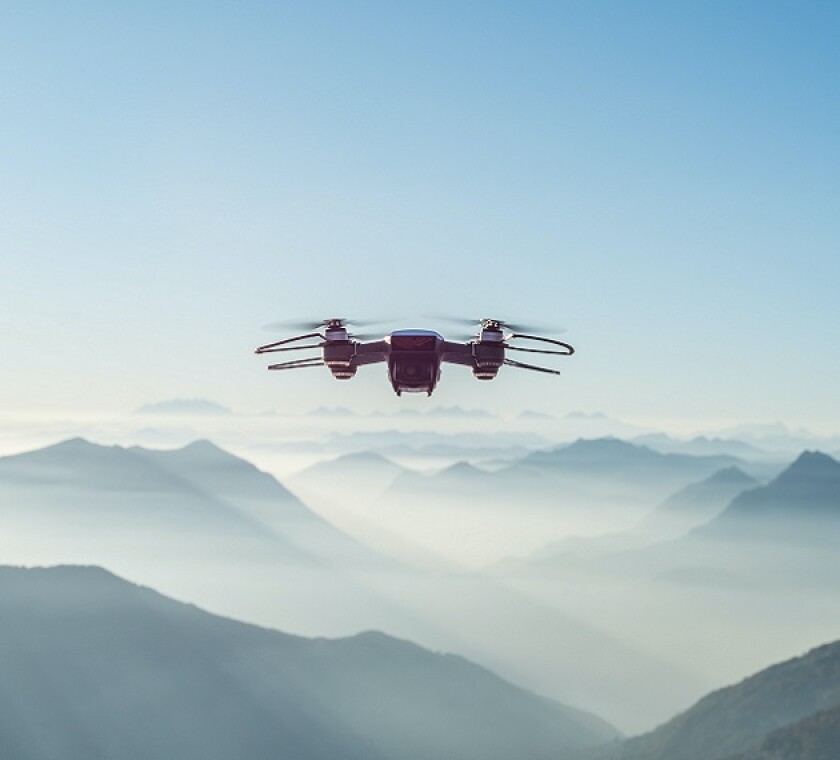The Brazilian federal government has proposed a tax reform draft bill to the National Congress to create the Contribution on Transactions with Goods and Services (CBS), a federal VAT (IVA), which would replace the social integration programme (PIS) and the social security financing (COFINS).
In the non-cumulative system, this new tax would be levied at a flat rate of 12% on gross revenue (instead of 9.25%) on the sales of goods, services, and other main activities of the legal entities. CBS would also levy taxes on the import of goods and services, including on royalty payments and transactions with intangibles (these operations are not currently subject to PIS/COFINS), but export transactions will remain exempt.
Additionally, legal entities could consider a tax credit over the total amount paid by the supplier and demonstrated on the invoice rather than those restrictions in which companies had to show the essentiality of the expense. In this sense, the federal government seeks to eliminate one of the main sources of litigation in the last few years.
The federal government contends that the increase of the tax rate is offset with this broader credit system that will allow the CBS´s credit over all costs and expenses. However, taxpayers had been recognised by the Brazilian Supreme Court of their right to take credit from their main costs/expenses already regarding to the PIS and COFINS contributions.
The draft bill also expressly excluded the amount of other taxes paid by the taxpayers (ICMS, ISS and other taxes) from the CBS´s tax basis, which has been a major issue between taxpayers and tax authorities in the past few years. Once again, taxpayers already had a favourable decision from the Supreme Court with regard to the exclusion of the ICMS from PIS and COFINS tax basis.
Despite that, the CBS will simplify the legislation and will reduce the number of ancillary obligations related to this new tax.
Another difference is the reduced number of activities in the cumulative system. With a few exceptions (financial institutions, oil, gas and tobacco), all remaining activities are in the non-cumulative system. Therefore, important industries such as telecommunications, automobiles, pharmaceuticals, and services will move from the cumulative system with a tax rate of 3.65% to the non-cumulative system with a tax rate of 12%. There will be a special rate at 5.8% for financial institutions.
Finally, the CBS requires that digital platforms (that act as intermediaries between sellers and purchases of goods or services) will be jointly accountable for the collection of this new tax on transactions when:
The seller located in Brazil does not issue the invoice;
The non-resident seller or digital platform intermediates a sale of a service to an individual located in Brazil in situations in which the seller does not pay the CBS; and
The non-resident provides services to an individual located in Brazil.
The CBS has raised the tax burden in Brazil by increasing the tax rate in comparison with PIS/COFINS and bringing new tax events. The CBS also eliminates two main sources of litigation in the past few years between taxpayers and tax administration, although the taxpayers had won those disputes in the Superior Courts.
On the other hand, the CBS credit system is simpler than PIS/COFINS, which will reduce tax compliance cost with ancillary obligations. The most important innovation is the foreseeability of the tax scenario in investing in Brazil, by reducing the complexity of the legislation and eliminating the innumerous exceptions and special systems.
Rodrigo Martone
T: +55 11 3247 8775
Bruno Matos Ventura
T: +55 11 3247 6040













